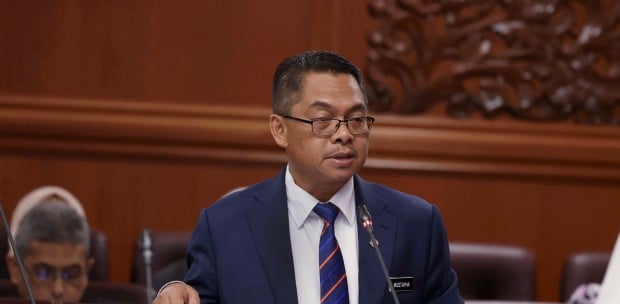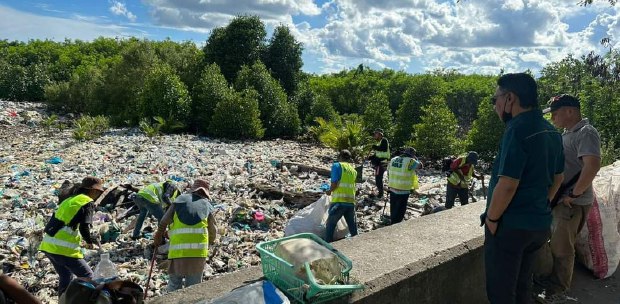KUALA LUMPUR: The usage of artificial intelligence (AI) technology will prevent billions of ringgit in losses caused by floods, the Dewan Negara heard today.
Deputy Housing and Local Government Minister Aiman Athirah Sabu said however, the main criteria for the success of AI adaptation was dependent on data sharing between agencies including the private sector in producing a more comprehensive and accurate AI analysis model.
"The ministry through the Town and Country Planning Department (PlanMalaysia) has developed the Malaysian Urban Observatory that emphasises data sharing between agencies, and the analysis of public data to help and support evidence-based decision-making on municipal-related issues.
"The development of new applications through AI in disaster management is welcomed. Big data analysis will increase the accuracy to make long-term predictions to identify new areas that are at risk of disaster through simulation models."
She was responding to a supplementary question from Senator Datuk Sivaraj Chandran who asked if the ministry was open to the suggestion to use technology, AI and big data to overcome flooding issues in the city.
Meanwhile, Aiman said the ministry through PlanMalaysia had outlined the concept for a sponge city in the Fourth National Physical Plan (NPP-4), with two cores, namely spatial sustainability and climate change resilience.
This, she added, was a step towards better water management and flood control in the city.
"The sponge city concept is the storage and usage of rainwater on a large scale, to reduce the risk of flash floods and increase the amount of water that can be reused.
"This concept is a responsive measure that can be used in municipalities that often experience flash floods and water supply disruptions.
"Each sponge city will be different from each other, depending on local needs, and functions as an ecosystem-based adaptation in sustainable city management."
She also said sponge cities would help reduce the risk of water pollution, reduce heat islands, increase recreational and green areas in the city, and improve quality of life.






